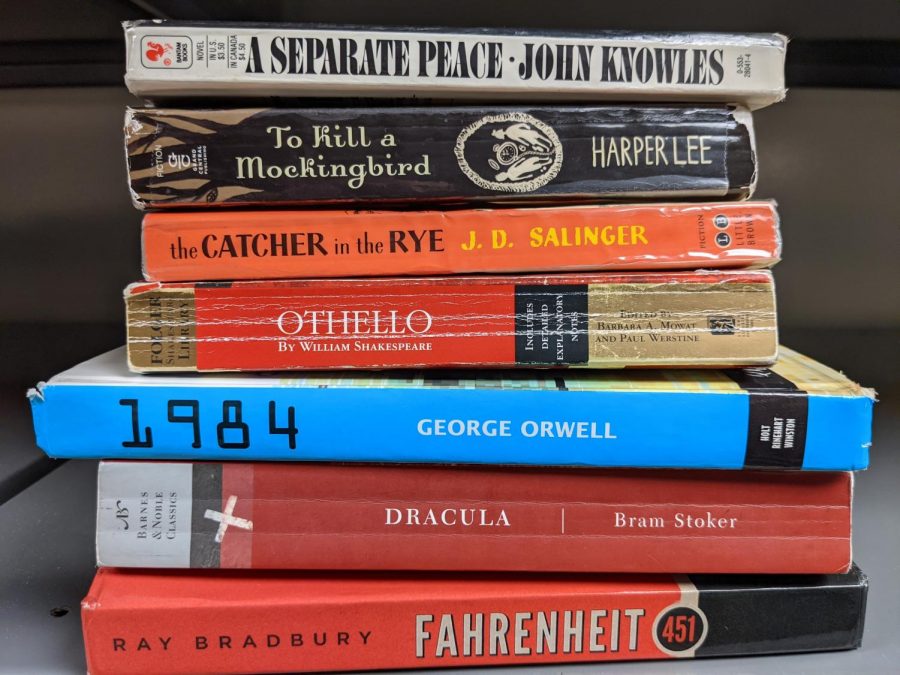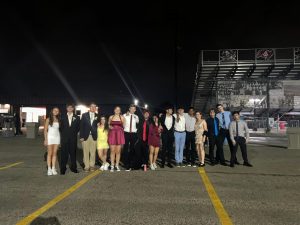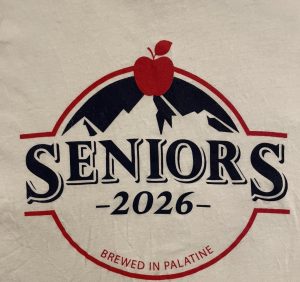High school English books should include more diversity
Some of the books used in freshman and sophomore classes.
March 9, 2021
High School English Book Lists are outdated and need to include more diversity and representation in order for students to better connect with their reading.
When it comes to what students are reading in their High School English classes, the list is relatively small and mainly written by white men. In many cases, classics written by women might still follow a white male character and many exist in what is known as White Man’s Canon. For instance, books written by Jane Austin, even Frankenstein by Mary Shelly exist in an entirely different society than today, where equality didn’t exist.
Some of the books read in class at Palatine High School include, works by William Shakespeare, Of Mice and Men, Fahrenheit 451, To Kill a Mockingbird, Catcher in the Rye, The Great Gatsby, The Things they Carried, and a few more by select teachers. All of the books listed above are written by White men about white, often privileged, characters.
That is not to say that any of the titles listed above don’t have substantial value in their content. The Things They Carried by Tim O’Brien is an incredible book about the effects of war, the violence of battle, and the damage to the mind.
These books are also not the only books taught at PHS. Many teachers, Sophomore year, teach Life of Pi, which discusses religion at length and follows an Indian boy exploring a vast culture and is a valuable read. It is, however, written by a white man, albeit a well-researched man who did spend much of his childhood in India.
“Research shows that there’s a lot of power and more engagement from students when they can see themselves in what they’re reading,” English teacher Erin Lindstrom said.
Lindstrom began teaching The House On Mango Street a handful of years ago to her students. The book follows the author’s own accounts of her life in a series of vignettes, exploring her life as a girl growing up and her Latin culture. Lindstrom included this text, largely in part to the growing Latinx population here at PHS.
“It seemed like a huge disservice, not to include a text that reflects at least some aspects of that culture,” Lindstrom said.
PHS has begun a program called EOS, Equal Opportunity Survey, in hope of allowing students of all ethnicities to have the chance to be in honor and AP classes. It is true that currently, a vast majority of Honor’s English classes are primarily a white student body. However, even these white students need to read from authors that are different from them, and characters who experience different lives and hardships.
“We white people, we need that exposure too,” Lindstrom said. “We need to realize that everybody is able to produce art.”
It is easy to point out the faults in the curriculum but is much harder to find a clear-cut solution to add valuable well-represented books to a hard curriculum.
“We are currently in the process of evaluating our Current curriculum and deciding if changes need to be made,” English teacher Jessica Means said.
Books can’t just simply be added, and not just any books can be chosen for high school English courses. The books still need to be considered pieces of Literature, not just novels, and they need to go through a system to get approved.
PHS is adding two new classes for the 2021-2022 school year, including a class focused on African American lit, and Latinx lit. While this is great news, it is by no means a solution.
“Only kids who are really interested in such topics will sign up, but everyone needs exposure, and everyone takes regular English classes,” Lindstrom said
I think in part, it is up to the teachers to seek out books that have the potential representation students need to read about and discuss these books at length with other teachers seeking for literature to hopefully be approved. However, the teachers can’t be made to do all the work and books still have the potential to get turned down by higher-ups. The solution isn’t clear, but in many ways, I think it will come down to making changes to the already existing system that blocks books from approval.








